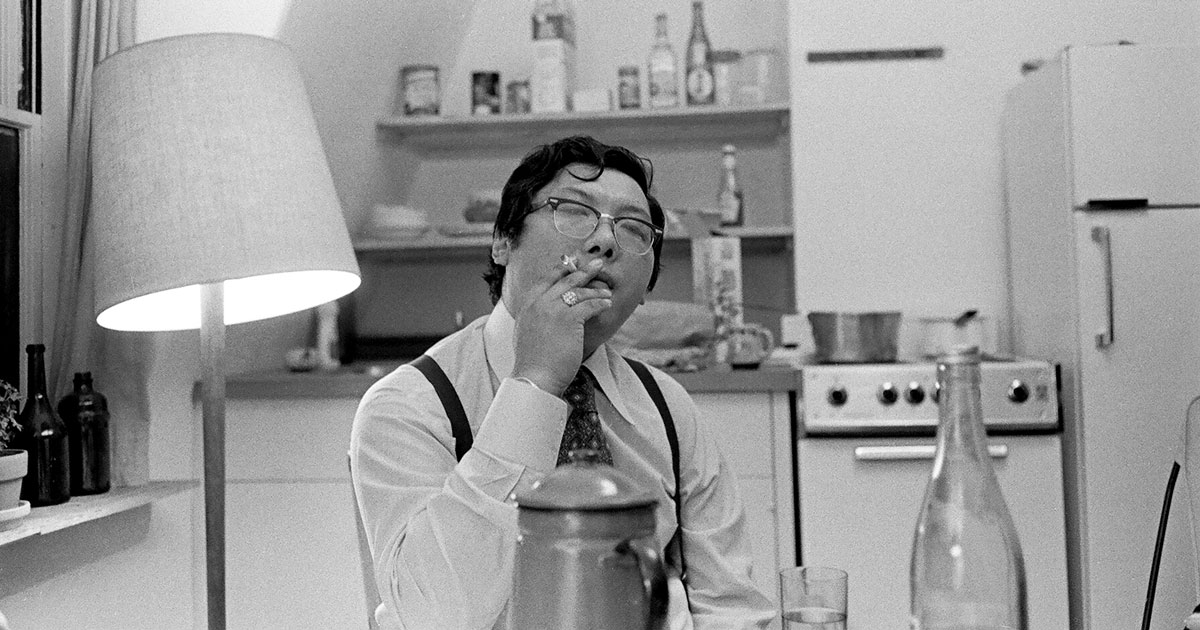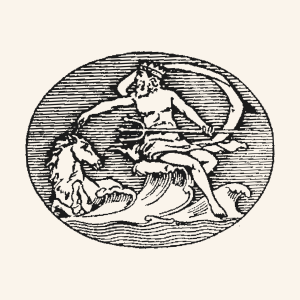And, of course, we goallessly go step by step, staying in healthful directions (sitting, avoiding excess desire, anger etc.), moving along the path. The raw beginner is as much "Buddha" as the fellow practicing 30 (or 30,000) years. We encounter all we encounter along the path, then bow and keep moving. There is no place to "go" because the whole path and every step is Buddha too.
And yet, and yet ... it's likely that the fellow who has been walking 30 years is better skilled at realizing the meaning of "all Buddha," more understanding of "no place to go," and more experienced in keeping in healthful directions step by step than the fellow who has only been practicing for a day.
There is "no place to go," but that does not mean we don't get some place.
Gassho, J
STLah
And yet, and yet ... it's likely that the fellow who has been walking 30 years is better skilled at realizing the meaning of "all Buddha," more understanding of "no place to go," and more experienced in keeping in healthful directions step by step than the fellow who has only been practicing for a day.
There is "no place to go," but that does not mean we don't get some place.
Gassho, J
STLah

 , and thus we have the 10,000 (more like 1,000,000) flavors of "Buddhism." It is just human nature. No two chefs cook the chicken soup exactly the same way, and different tongues have different tastes.
, and thus we have the 10,000 (more like 1,000,000) flavors of "Buddhism." It is just human nature. No two chefs cook the chicken soup exactly the same way, and different tongues have different tastes.  , especially in heading).
, especially in heading). 







Comment